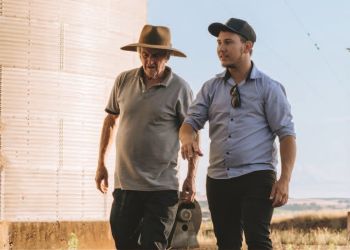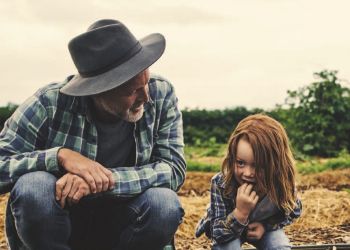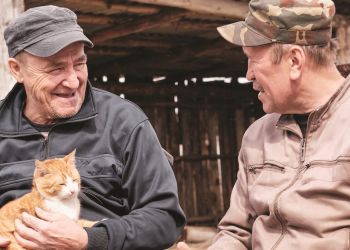 By Dr. Swannie Jett, NACCHO President
By Dr. Swannie Jett, NACCHO President
Before students returned to school for the start of the current school year, many received required vaccines to stay healthy and avoid life-threatening diseases. Vaccines not only protect children and their long-term health, but also the health of their communities. While many states debate extending or restricting exemptions for vaccines, healthcare professionals at local health departments and in pediatricians’ offices are keeping students safe from diseases by providing necessary immunizations.
Diseases like measles, whooping cough, and meningitis are still prevalent. However, thanks to vaccines, these disease outbreaks are rare in the United States. All 50 states have legislation requiring vaccines for students. A number of states are seeing increases in the number of exemptions from immunization requirements for medical, religious, and personal belief reasons. Children exempted from vaccines are at an increased risk for acquiring vaccine-preventable diseases and pose a risk for transmitting infections to susceptible people in their communities. Since the start of this year, 188 cases and five outbreaks of measles and almost 9,000 cases of whooping cough occurred in the United States. Most notably, a multi-state outbreak of 117 cases of measles occurred early this year and was linked to an unvaccinated overseas traveler who visited Disneyland in California while infectious. The virus spread to other unvaccinated theme park visitors and those with unknown vaccination statuses, a majority of whom were children.
Vaccination data continue to indicate immunization coverage varies by state and locality, a trend demonstrated during the measles outbreak this year. On Aug. 28, the Centers for Disease Control and Prevention released a Morbidity and Mortality Weekly Report examining vaccination coverage among children in kindergarten for the 2014–2015 school year. Although statewide vaccination coverage among kindergartners was high, the data showed geographic pockets of low coverage and high exemption levels, placing these children at risk for vaccine-preventable diseases like measles.
Outbreaks of vaccine-preventable diseases are costly, accounting for additional administrative costs for local health department staff, student days out of school, hospital stays, medical care, and days lost from work for parents. However, six states made a positive step forward this year by passing legislation to strengthen their school immunization requirements, addressing changes to legislation on issues such as removing philosophical exemptions and sharing immunization records. Vermont eliminated philosophical exemptions to vaccinations. Following the measles outbreak at Disneyland, California eliminated both philosophical and religious exemptions to vaccinations beginning in July 2016. Moreover, Colorado – a state with one of the highest personal belief exemption rates in the country – began requiring schools to make immunization and exemption rates of their student population publicly available. In a similar effort, the state of Washington has made exemption rates by counties publicly available since 2013. These strides will help to ensure children and their communities are protected from vaccine-preventable diseases.
The National Association of County and City Health Officials (NACCHO) supports reducing personal belief exemptions for vaccinations. A NACCHO policy statement says in part: “NACCHO encourages eliminating personal belief exemptions to reduce the incidence of vaccine-preventable diseases, to protect those who cannot receive vaccine due to age or medical condition, and to protect those at greater risk of severe complications if they do become infected and ill. As a way to move toward this goal, NACCHO encourages state and local health departments to limit the casual use of personal belief exemptions to the greatest degree possible. NACCHO supports the continued availability of medical exemptions and acknowledges existing religious exemptions to school immunization requirements in accordance with state laws.”
Local health departments play a critical role in protecting the health of people in their communities by working with immunization programs to assess the vaccination and exemption status of students. Local health departments should continue to share key information about vaccination coverage by informing parents about the rates of exemptions within their children’s schools.








